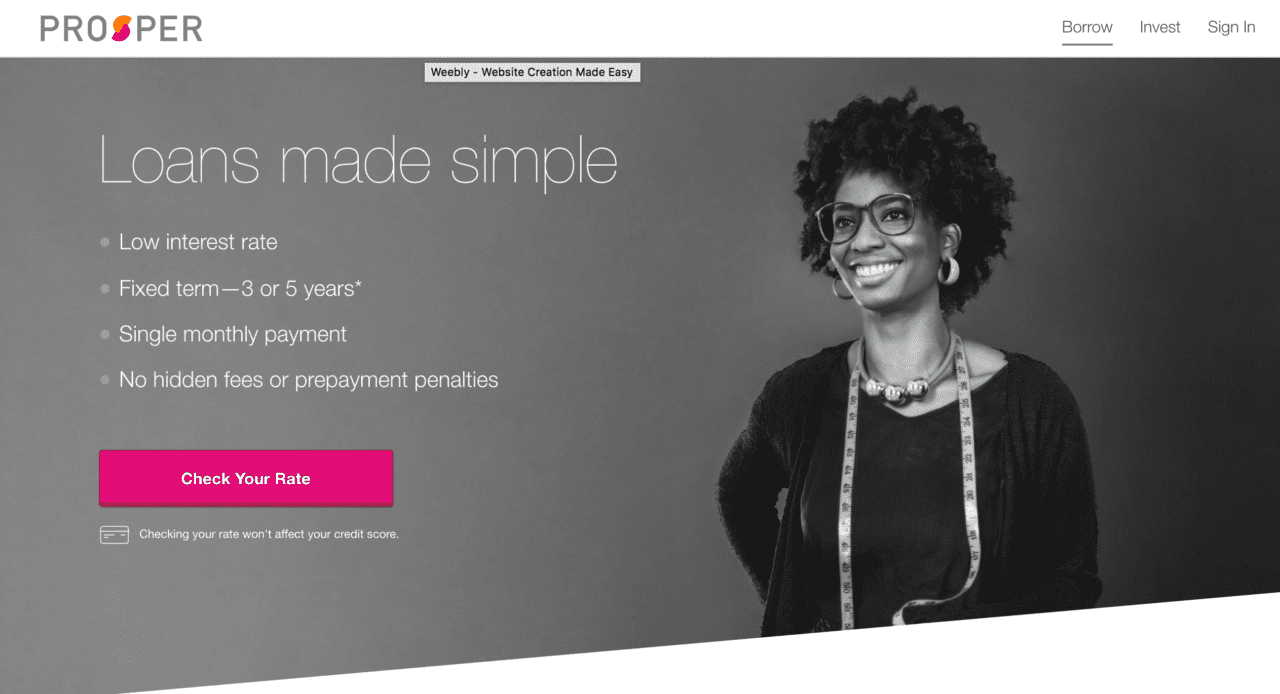Peer-to-peer lender Prosper released its second quarter earnings recently, just days after the company shuttered its consumer-facing bill management system. Given this, we wanted to take a look to see how the 11-year-old company is doing these days.
The good
Here are some positive highlights from the company’s second quarter results:
- Facilitated $775 million in loan originations. This is up 32% quarter-over-quarter and 74% year-over-year.
- Grew transaction fee revenue 32% quarter-over-quarter and 84% year-over-year.
- Issued around $500 million worth of notes in its second securitization from the Prosper Marketplace Issuance Trust
In the press release announcing the results, David Kimball, Prosper CEO said that the company’s growth this quarter was “driven by strong interest from borrowers, our partnership with a consortium of investors, and innovations from our talented team.” Regarding the securitization, the company’s CFO Usama Ashraf said, “With this second securitization, we continued to see strong demand for our assets, underscoring investors’ confidence in our business and this asset class in general.”
The not-so-good
Just days before closing out its second quarter, the company shut down its financial wellness app, Prosper Daily. The app targeted borrowers and served as a way for Prosper to capture users who failed to qualify as borrowers. The aim of the app was to help users track their spending, protect their identity and monitor their credit score. Prosper launched the app in March of 2016, after the company acquired BillGuard, the app that structured the bones of Prosper Daily, for $30 million in 2015.
Monetarily, the company suffered a net loss of $41.4 million in the second quarter of this year. This is down from the $35.6 million loss Prosper saw in the second quarter of 2016. Overall, the company’s adjusted earnings before interest, taxes, depreciation, and amortization totaled $6.7 million this quarter, up from negative $11.6 million in the second quarter of last year. This is due in part to a deal Prosper closed with a group of institutional investors to buy up to $5 million in loans from February 2017 to February 2019.
Despite the loss of its borrower-facing app, the San Francisco-based company appears to be performing well on the investor side. Founded in 2006, Prosper presented at FinovateSpring 2009 as well as the inaugural Finovate in 2007. Earlier this year, the company appointed Usama Ashraf as Chief Financial Officer and in November of 2016, selected David Kimball to succeed Aaron Vermut as CEO. Forbes interviewed Kimball in a feature earlier this year.
